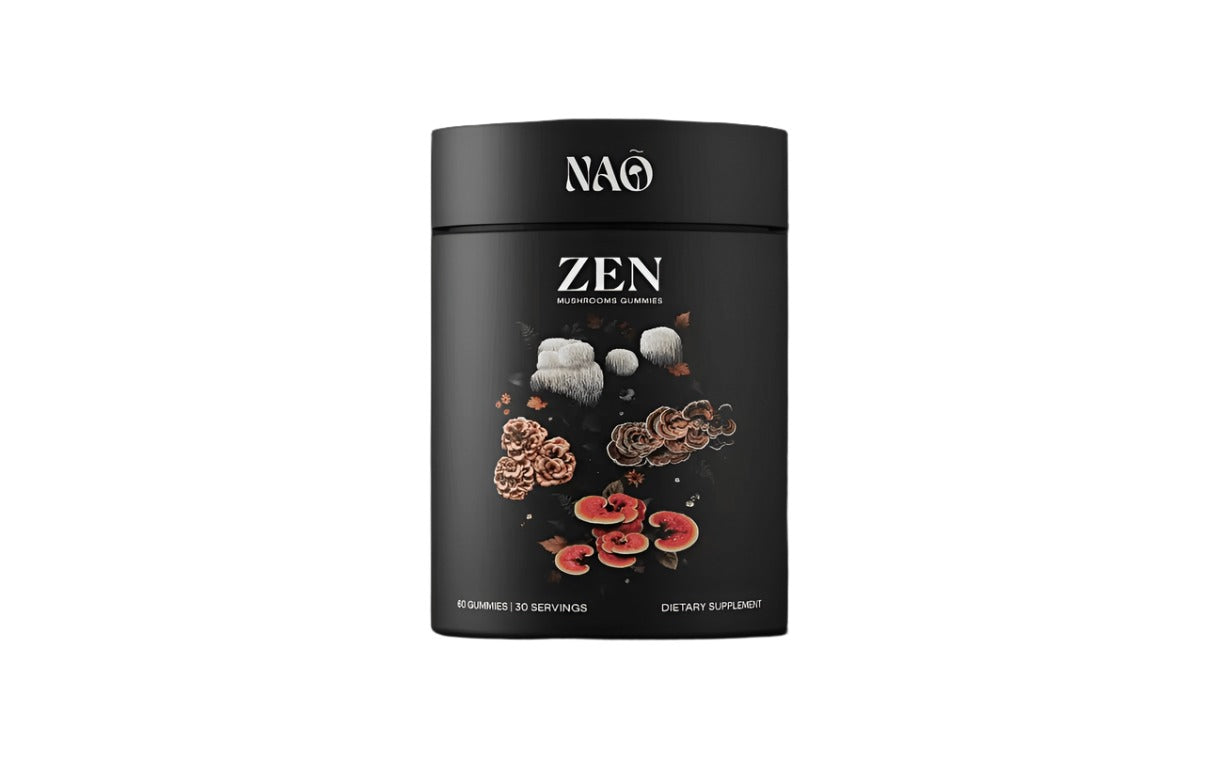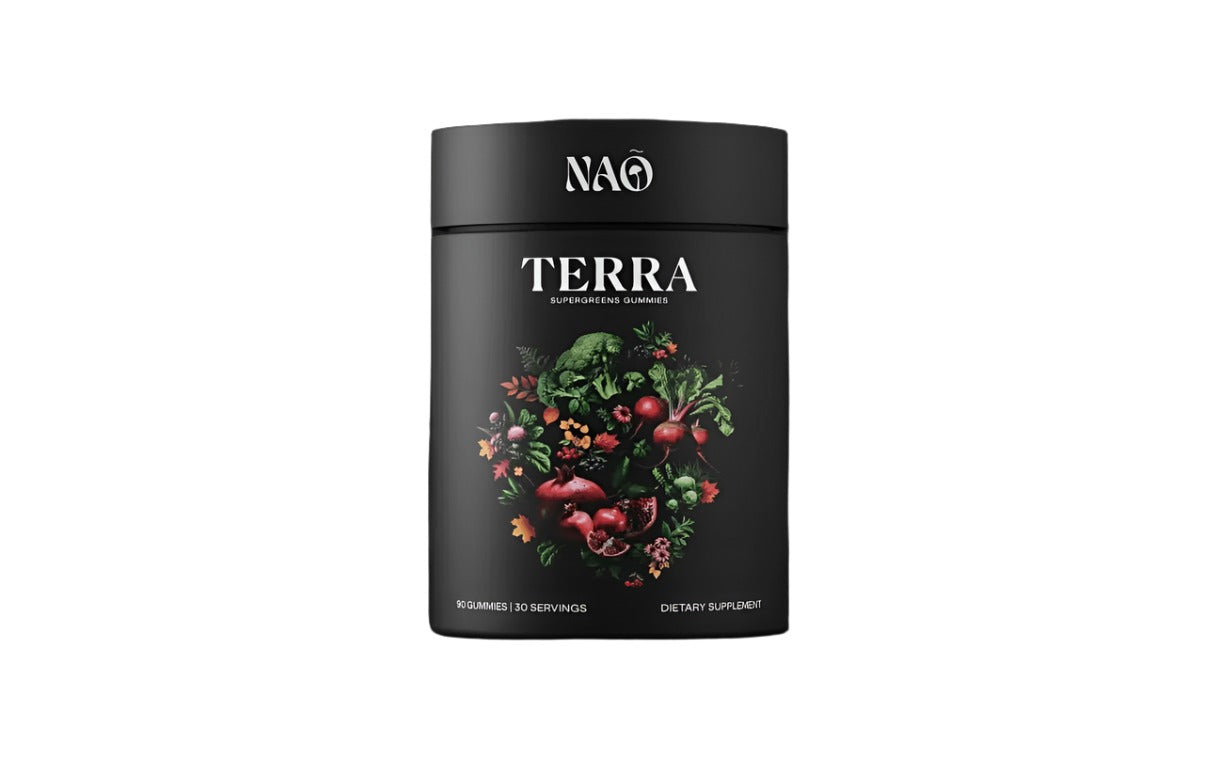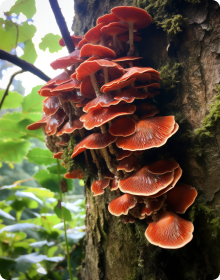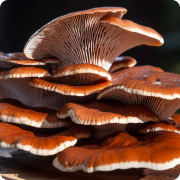Cranberries: Unveiling the Tart Superfruit with Nao
Cranberries, a staple in traditional diets and known for their distinct tartness, have transcended culinary use to emerge as a superfood with compelling health benefits. NAO, at the forefront of harnessing nature's bounty for health and wellness, sheds light on cranberry's scientifically-backed advantages. Drawing from the latest research, NAO unveils how cranberries promise to bolster memory and fortify the body against various ailments, underscoring their integral role in a health-conscious lifestyle.
The Science Behind Cranberries
Cognitive Health and Memory Enhancement
Cranberries have sparked scientific curiosity for their potential to enhance cognitive function and memory. Rich in polyphenols, these berries are believed to mitigate oxidative stress and inflammation, two adversaries of cognitive health. Research indicates that cranberry consumption is positively associated with improved memory and brain function thanks to its ability to modulate neuronal signaling and neuroinflammation (Barbero Mazzucca et al., 2024). This effect is particularly crucial in aging populations, where cognitive decline is a pressing concern.
Urinary Tract Health: A Proven Ally
Beyond cognitive benefits, cranberries are perhaps best known for their role in preventing urinary tract infections (UTIs). The proanthocyanidins found in cranberries prevent the adhesion of E. coli bacteria to the urinary tract walls, effectively reducing the incidence of UTIs, especially in women prone to recurrent infections (Li et al., 2024). This antimicrobial property positions cranberries as a natural and practical approach to UTI prevention.
Cardiovascular Benefits and Beyond
Cranberries' health benefits extend to heart health, offering a myriad of cardiovascular protections. Their high antioxidant content helps lower blood pressure, reduce inflammation, and improve cholesterol profiles, decreasing heart disease risk (Rodriguez-Mateos et al., 2024). WellNao proves that the anti-inflammatory effects of cranberries contribute to a reduced risk of chronic diseases, showcasing the fruit's holistic impact on health and well-being (Liu & Bolling., 2024).
Integrating Cranberries into Your Diet: A NAO Blueprint
From Juice to Supplements: A Multitude of Forms
NAO advocates for the versatile incorporation of cranberries into the daily diet, whether through whole fruit, juice, or supplements. Cranberry juice, rich in bioactive compounds, offers a convenient way to enjoy the fruit's benefits, though it is advisable to opt for unsweetened versions to avoid added sugars. Cranberry supplements provide a potent and convenient alternative for those seeking concentrated benefits.
The NAO Seal of Approval: Purity and Potency
Selecting the highest quality cranberry products is paramount. NAO's commitment to purity and potency ensures that its cranberry offerings in gummies match or exceed the potency of juices and supplements and meet or exceed the highest standards. This dedication enables consumers to harness the health-promoting properties of cranberries fully.
The Cranberry Conundrum: Unleashing Potential with NAO
Cranberries, with their rich nutrient profile and health-promoting properties, are more than just a holiday staple. They are a powerful superfood capable of enhancing cognitive function, supporting urinary tract health, and contributing to overall well-being (Li et al., 2024). WellNao's exploration of cranberries' benefits, backed by scientific research, empowers individuals to leverage this tart fruit for a healthier, more vibrant life.
References
- Barbero Mazzucca, C., Cappellano, G., & Chiocchetti, A. (2024). Nutrition, Immunity and Aging: Current Scenario and Future Perspectives in Neurodegenerative Diseases. CNS & Neurological Disorders-Drug Targets (Formerly Current Drug Targets-CNS & Neurological Disorders), 23(5), 573-587.
- Li, X., Chen, W., Xia, J., Pan, D., & Sun, G. (2024). The Effects of Cranberry Consumption on Glycemic and Lipid Profiles in Humans: A Systematic Review and Meta-Analysis of Randomized Controlled Trials. Nutrients, 16(6), 782.
- Liu, C., & Bolling, B. W. (2024). Dietary proanthocyanidins for improving gut immune health. Current Opinion in Food Science, 101133.
- Rodriguez-Mateos, A., Le Sayec, M., & Cheok, A. (2024). Dietary (poly) phenols and cardiometabolic health: from antioxidants to modulators of the gut microbiota. Proceedings of the Nutrition Society, 1-11.













